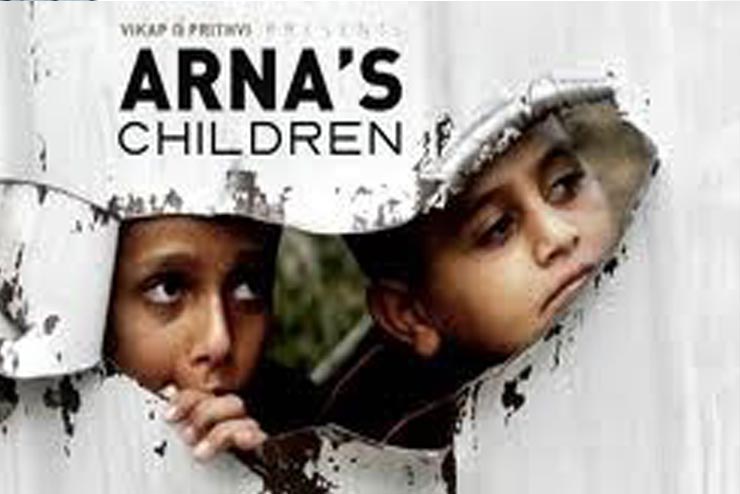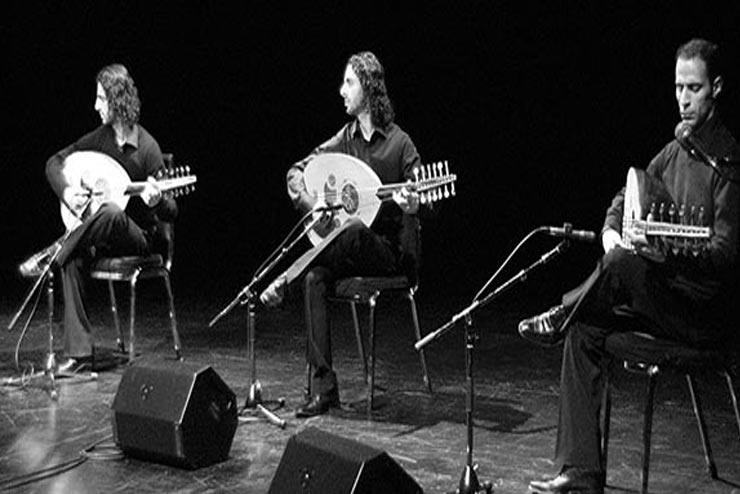Omar climbs over a separation wall and through bullets for Nadia’s love.
He is a thoughtful boy and a focused baker. He lands on the other side a resistance fighter who faces choices about how to be a man. The occupied West Bank knows neither simple love nor clear war. Who’s an enemy depends on circumstance.
Friends are captured, tortured and given the choice between life and loyalty. Suspicion and betrayal blot out trust. Absurd humiliations distort confidence and honor. Like the characters, enduring traditions also have no home.
The youthful wills in Omar and in Tareq, Nadia’s militant brother, are both fighting for different freedoms – for self and for the people. Omar’s inner geography becomes as torn apart as the Palestinian landscape. Tareq fights on all fronts to protect his sister, tradition, his country and his friends. The brutal and beautiful uncertainty of the human condition is as much the hero of the film as Omar.
We’re left to wonder the impact of the choices we make when all our reference points have been destroyed.
Jury Prize (Un Certain Regard – Cannes 2013)
Director : Hany Abu-Assad was born in Nazareth, Palestine in 1961.
In 2006, when Paradise Now was nominated, it was first filed under “Palestinian Authority”, creating much controversy. Abu-Assad, who like Suleiman, is an Israeli citizen, protested, resulting in a change to “Palestinian Territories”. This time around, without the director’s intervention, the committee took a bold step by naming Omar’s country of origin simply as “Palestine”.
Yet, Abu-Assad, while grateful that Palestine is being recognized as an independent entity, doesn’t think it actually has much significance. “To be honest, it’s not a big deal because Palestinians are still under occupation. As long as that’s happening, it doesn’t matter what you call it,” he said recently, when he was back in New York to promote the release of Omar in the US.
The “phenomenon”, as Abu-Assad calls it, of collaborators like the one in Omar is one aspect of Palestinian society that is not openly discussed among Palestinians and yet suspicions within the community run deep. “In general, the Palestinian environment is very paranoid,” the filmmaker said. “It’s logic, you know. My parents raised me to be careful; anyone might work with a secret agent.”
http://www.theguardian.com/film/2014/feb/22/omar-film-palestine-oscar-hany-abu-assad




